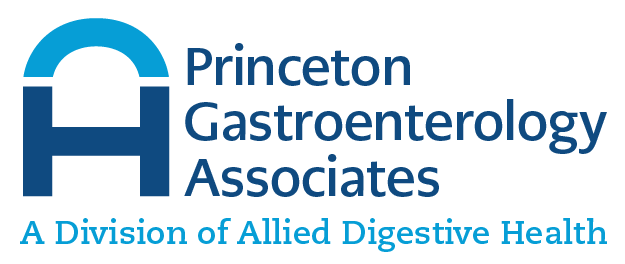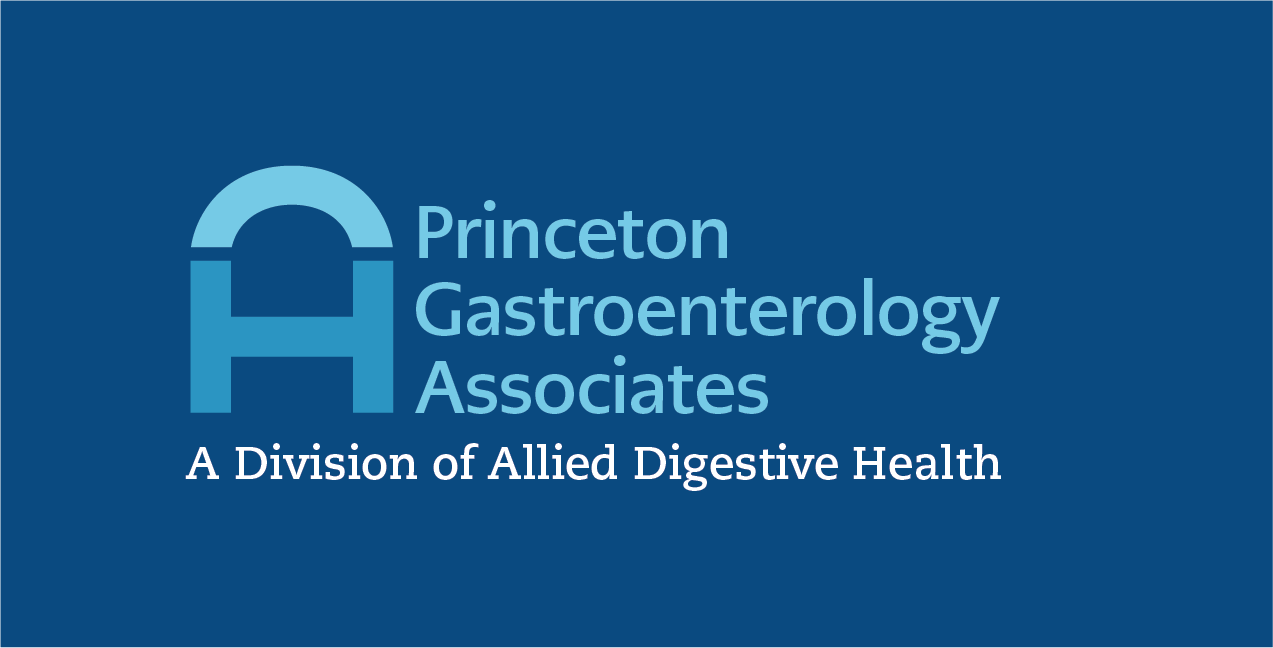Colon Cancer Treatment
While colorectal and colon cancers are some of the most preventable types of cancer, colon cancer remains the second-leading cause of cancer-related deaths in the US. The Centers for Disease Control (CDC) and the American Cancer Society estimate that 50,000 people in America die from colon cancer each year. If colon cancer is found, immediate colon cancer treatment is imperative, as colorectal cancer spreads quickly. Read on to learn more about what colon cancer is, the risk factors, treatment options, and when to be screened for colon cancer.
What Is Colon Cancer?
When cells in the colon or rectum become abnormal and multiply, these tumor cells are the beginning of colon or rectal cancer. In most cases, colon cancer forms as adenomatous polyps, which are precancerous. There can be abnormal cells in the colon, rectum, or both. Very often, the terms colon cancer and colorectal cancer are used interchangeably, but it’s important to know that colorectal cancer affects the colon and rectum. It is also possible for polyps to only form in the rectum, and this is considered rectal cancer.
There are several parts of the colon, also known as the large intestine, and cancer can affect any or all parts of the colon. These include:
- Transverse colon. This part delivers food from one side of the body to another.
- Ascending colon. This is the top part of the colon, where undigested food begins to move through.
- Descending colon. Food takes this route after making its way through the transverse colon.
- Sigmoid colon. This is the end of the large intestine, and it is the final movement before traveling through the rectum.
The rectum itself connects the anus to the colon and is about five to six inches long. Its function is to hold stool until you are ready to have a bowel movement.
As part of life, all of our cells grow and divide and go through a process called autophagy (cell death). When cells die off, it allows the body to regenerate healthier, new cells. However, when cells do not die off as they should, they can multiply, become abnormal, and grow out of control. If this occurs in the colon, it may be a precursor to the development of colorectal cancer. These abnormal cells begin to grow as polyps.
Many people have colorectal polyps, but they are not precancerous. However, polyps that cause colon cancer have adenomas and sessile serrated lesions. Often, patients may not feel polyps at all until they’ve grown in size or they begin to have other symptoms. This is part of why early detection of colon cancer is so important.
What Are the Signs & Symptoms of Colon Cancer?
One of the reasons that colon cancer is the second-leading cause of cancer death is it goes undetected for too long. In early stage colon cancer, patients may not experience any symptoms at all and may not know that they have cancer. Early detection is best for the most effective colon cancer treatment. For those who do have symptoms, some signs of colon cancer include:
- Blood in the stool. Those with colon cancer may experience blood in the stool or on toilet paper after wiping. However, it is important to note that this is a common symptom of other issues, such as anal fissures and hemorrhoids.
- Changes in bowel habits. This symptom also can be indicative of less serious problems, but if you suddenly experience diarrhea, constipation, or bowel incontinence, you should consult a gastroenterologist as soon as possible.
Other symptoms can include:
- Unexplained weight loss
- Abdominal bloating
- Abdominal pain
- Vomiting
- Sudden anemia
Those who have a family history of colon cancer also have an increased risk of developing it in their lifetime.
How Your Health History Impacts Your Risk of Developing Colon Cancer
Your overall health history (including your family history) can impact the risk of colorectal cancer development. It’s important to know the risk factors so you can let your physician know, even if you are just having a colon cancer screening performed. Some of the risk factors for colon cancer include:
- Family history of colon cancer, polyps, or other disorders, such as inflammatory bowel disease (IBD). Some clinical trials and studies have shown that if you have a first-degree relative (mother, father, etc.), you are two to three times more likely to develop it also.
- Older age. While colon cancer in younger people has been decreasing, most cases of colorectal cancer develop after age 50.
- Having IBD. Having IBD (Crohn’s disease, ulcerative colitis) yourself increases your risk for colon cancer.
- Being of African American race. Those of African-American heritage are more likely to develop colorectal cancer.
- Inherited diseases. Inherited diseases such as Lynch syndrome can cause colon cancer. While rare, Lynch syndrome is the most common cause of inherited colorectal cancer.
- Poor lifestyle habits. If you are sedentary, drink more than moderate amounts of alcohol, or you are a smoker, this increases your colon cancer risk.
- Diabetes. Insulin resistance and diabetes can increase your risk.
- Obesity. Those who are obese have an increased risk of colon cancer as well as an increased risk of dying from it, should they develop it.
- Poor diet. Diets that are low in fiber and high in fat can contribute to colon cancer developing.
If you meet the criteria for any of these risk factors, let your gastroenterologist know. While the suggested age for colon cancer screening is now 45, you may be able to be screened earlier because of your risk factors.
Treating Colon Cancer
Preventative measures are the best colon cancer “treatment,” because if colon cancer is discovered in its early stages, it is more easily eradicated.
If you’re experiencing symptoms or are age 45, your physician or gastroenterologist will want to screen you for colon cancer. The first-line screening test is a colonoscopy. You will be given either liquid or a pill (called prep), the day before your colonoscopy. The prep will help empty your bowels so that the provider can perform the procedure.
During the procedure, you will be put under anesthesia, and a thin, flexible tube will be inserted through the anus and rectum to examine the colon. The tube, called a colonoscope, has a tiny camera at the end that lets the doctor see any abnormalities in the colon. However, colonoscopy can also be a standard treatment, which is part of why it’s the gold standard in colon cancer screening. If your gastroenterologist detects polyps or abnormalities in their early stages, they can be removed with use of the colonoscope. Other screening tests include:
- Fecal immunochemical test (FIT) or the guaiac-based fecal occult blood test (gFOBT). These tests look for blood in the stool.
- Flexible sigmoidoscopy. This procedure is similar to a colonoscopy but only examines certain parts of the body (sigmoid colon and rectum).
- CT colonography (virtual colonoscopy). A CT scan is performed after the patient drinks contrast dye, which offers a virtual look at the colon.
Other tests that may be used include a double contrast barium enema or fecal DNA test.
Colon cancer treatment depends on the stage of colon cancer. There are five stages of colon cancer, from Stage 0 through Stage 5.
Stage 0 Colon Cancer
Stage 0 is the earliest stage and is known as carcinoma in situ. This is a precancerous stage where polyps may be in the lining of the colon or rectum. Typically, these polyps can be removed with the colonoscope during a colonoscopy (known as a polypectomy).
Stage 1 Colon Cancer
In Stage 1, the cancer has embedded into the intestinal wall but has not yet spread to any nearby lymph nodes. Colon cancer treatment during Stage 1 often involves surgery to remove the cancer, called a colon resection. To remove the cancer, the affected part of the colon and the lymph nodes will be surgically removed. If it is stage 1 colorectal cancer, surgical treatment depends on the location of the cancer in the rectum. Laparoscopic surgery may also be used as colon cancer treatment in the early stages.
Stage 2 Colon Cancer
Stage 2 is divided into several substages:
- IIA means that the cancer has spread through the wall of the colon.
- IIB means that the cancer is beginning to travel outside of the colon.
- IIC means that the cancer has spread to adjoining tissue.
The treatment for colon cancer in the second stage is also typically colon resection and may be followed by chemotherapy.
Stage 3 Colon Cancer
Stage 3 colon cancer is advanced and means that the cancer has spread to the lymph nodes. Stage 3 is also divided into substages:
- IIIA means cancer has spread to one to six lymph nodes, depending upon whether cancer has moved beyond the colon wall or there is an early lesion in the wall.
- IIIB denotes that more lymph nodes are affected and lesions may be more pronounced.
- IIIC stage colon cancer means cancer has spread to more lymph nodes and may also spread to abdominal tissue.
Surgery is also the preferred treatment for stage 3 colon cancer. However, chemotherapy and radiation may also be a part of treatment. Sometimes, after surgery, adjuvant chemotherapy is used. This can kill off cancer cells that were left behind post-surgery.
Stage 4 Colon Cancer
Stage 4 colon cancer means that cancer has metastasized (spread) to other organs and parts of the body. This can include the lungs, ovaries, and liver, among others. Stage 4 also has substages:
- Stage IVA means that the cancer has spread to more lymph nodes and one organ.
- Stage IVB is where cancer has spread to two or more distant organs and more lymph nodes.
- Stage IVC is characterized by cancer spreading to several distant organs, more lymph nodes, and abdominal tissue.
Colon cancer treatment for stage 4 is also surgery, radiation, and chemotherapy. However, stage 4 colon cancer has a five-year survival rate of only 14 percent, and colon cancer treatment may not be effective. In order to make patients more comfortable and to lessen symptoms, chemotherapy and radiation therapy may continually be used.
Scheduling a Consultation with a Gastroenterologist
If you are 45 years of age or older or are experiencing gastrointestinal symptoms, you should schedule your gastroenterologist to schedule a colon cancer screening. To schedule an appointment with Allied Digestive Health, you can contact us at any one of our care centers to schedule an appointment. We are a dedicated team of providers that understand your health needs and provide comprehensive treatment.


